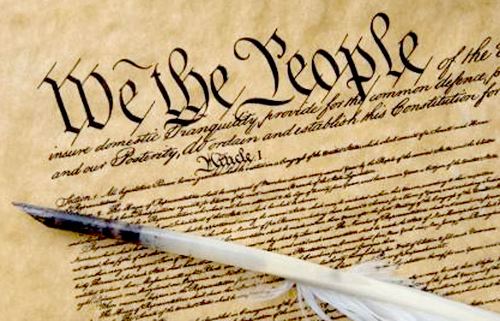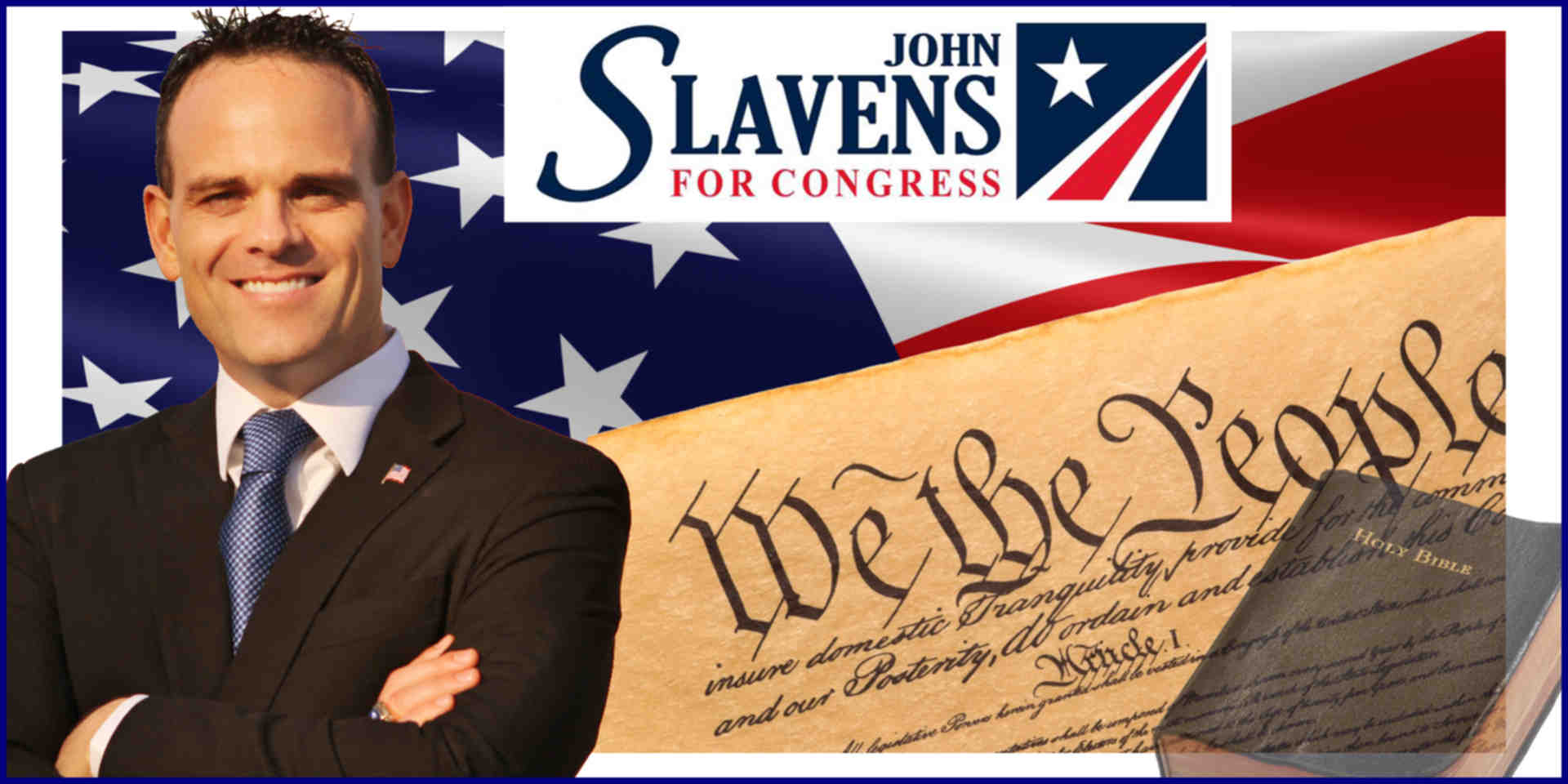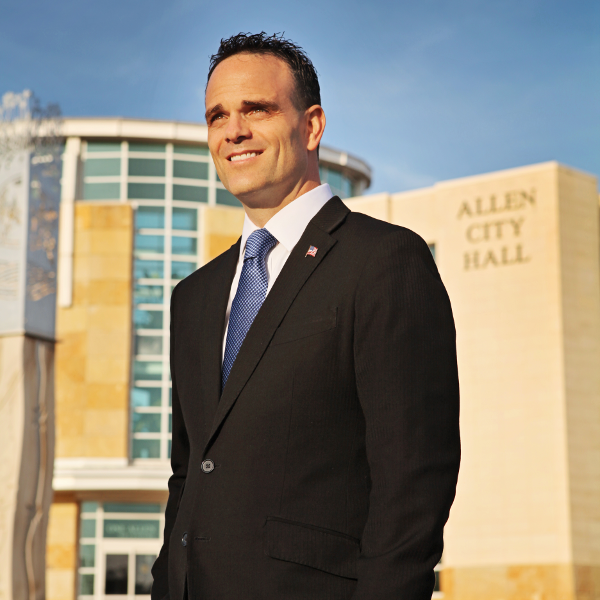1) Tax Reform:
Ideally, citizens of this great nation would pay taxes directly to the governmental unit that is Constitutionally charged with the responsibility of administering services and programs to their respective constituents.

The White House and the U.S. Supreme Court have gone unchecked in the expansion of their roles. Congress has not been engaged in the check and balance system carefully crafted by our founding fathers. Congress has a responsibility to demand that the Constitution be followed to the letter of the law. Therefore, we have experienced the federal government taxing, policing and interfering in areas never contemplated by our founding fathers or authorized in our governing document, the United States Constitution. Congress has failed in its obligation to the people and has directly been responsible for the imbalance of power that, left unchecked, will cause a constitutional crisis and severely damage our republic.
Our tax system has been equally corrupted as it supports the illegitimacy of the services being administered without authority. Much of what is being done should be administered by state and local governments. As an interim measure, we need to immediately follow the strict confines of the Constitution in the delegation of powers specifically enumerated for the federal government. All other powers are vested with state and local governments to accomplish those tasks without federal interference. In the long term, state and local governments should be enabled, unequivocally, to make determinations on what laws not specifically provided to the federal government will be applicable to their citizens.
2) Constitutional Implementation:

Societies, based on a republic, choose their own moral conscience by establishing rules, laws, and procedures for their citizens to follow. In America, we began with a foundation document called the U.S. Constitution which determines what powers the federal government will have and all other powers and authority remain with state and local governments.
The federal government was established to take care of national issues and the safety of the nation and the state and local governments, closest to the citizens, was intentionally left to decide all other legal matters. In that regard, social issues, that may find vast differences of opinion, can be settled locally thereby giving options to citizens to live in states that more closely correspond to their beliefs on social issues. In cases where the federal government determines it must indeed create a uniform standard beyond the scope of Article I Section 8, the Constitution would have to be amended. This process is defined in Article 5, which requires either 2/3s of both chambers or 2/3 of state legislatures to propose an amendment and 3/4 of all state legislatures to ratify.
3) Immigration:
Illegal immigration is negatively impacting all aspects of our national economy and is making us vulnerable to future terrorist attacks. It has huge economic costs to our education, welfare, and law enforcement agencies. We, therefore, need to immediately secure our borders by whatever means necessary, including using the military and all the available technology which will identify and assist in the apprehension of illegal immigrants. All illegal immigrants with a criminal history or who are using the tax payer-supported system of services should be deported as soon as possible. We should also and simultaneously work on refining and making more efficient the system of applying for citizenship.

America needs to maintain the openness of being available for those seeking a better life or to escape tyranny so long as they will be productive citizens and will not pose a threat to our democracy or our citizens.














